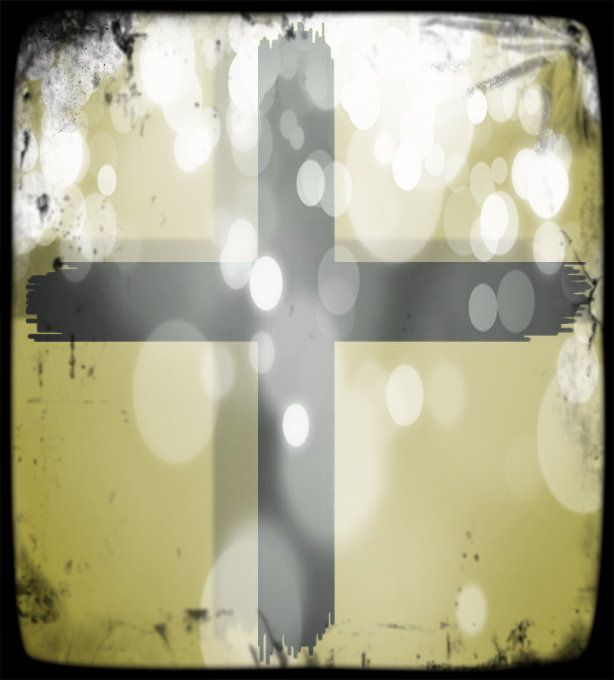 Today is the middle of Lent; three weeks ago, Ash Wednesday signaled another start of the 6-week long liturgical season, traditionally and historically a time to remember Jesus' public ministry as well as a time for "giving up" or fasting from pleasurable foods and activities or sometimes "taking up" meaningful service; next Sunday will be the Fourth Sunday in (but not of) Lent. Particularly in Mark's gospel, in his 3-year long public ministry, Jesus sets his face and his will toward Jerusalem and the cross of Calvary, toward redeeming a people and a creation after God's own heart and toward shattering the divisions and divides between heaven and earth. Another exodus from bondage into freedom, another passover from death to life, a final revelation and the ultimate becoming of the New Creation, the New Jerusalem.
Today is the middle of Lent; three weeks ago, Ash Wednesday signaled another start of the 6-week long liturgical season, traditionally and historically a time to remember Jesus' public ministry as well as a time for "giving up" or fasting from pleasurable foods and activities or sometimes "taking up" meaningful service; next Sunday will be the Fourth Sunday in (but not of) Lent. Particularly in Mark's gospel, in his 3-year long public ministry, Jesus sets his face and his will toward Jerusalem and the cross of Calvary, toward redeeming a people and a creation after God's own heart and toward shattering the divisions and divides between heaven and earth. Another exodus from bondage into freedom, another passover from death to life, a final revelation and the ultimate becoming of the New Creation, the New Jerusalem. A few days ago I re-read The Threat of Life by Walter Brueggemann. On page 95 he insists, "Lent is a time to quit running, to let ourselves be caught and embraced in love... Our life is not willed by God to be an endless anxiety. It is, rather, meant to be an embrace, but that entails being caught by God."
How do we differentiate a toxic Egypt and a past situation, feeling or condition that would be good to return to? Egypt is not always about brick quotas, a proliferation of pixels or paradise lost. Remembering does include the usual default remember how I led you with a pillar of cloud by day and a pillar of cloud by night and fed you with manna from the sky and water from the rock; we also need to recall the community we had, the way we were and that too often too elusive feeling of relative safety we had as well as a sense of belonging in a community that valued our participation and our presence.
Sara Jensen commented on one of my recent blogs that faithfulness in living out the gospel can be described in a single word: remember. Remembering includes the usual default remember how I brought you out from the land of Egypt, remember I fed you with manna from the sky and water from the rock; remember the gracious gifts of olive and pomegranate and figs; remember you were strangers - you know the heart of a stranger... We need literally to recollect how Jesus took bread, blessed it, broke it, gave it and told us "do this in remembrance of me. Remember Jesus, recall our baptism, by doing this liturgical action? Jesus, the One Whose biography His people would assume: suffered under Pontius Pilate, crucified, dead and buried. On the third day...

No comments:
Post a Comment
thanks for visiting—peace and hope to all of us!